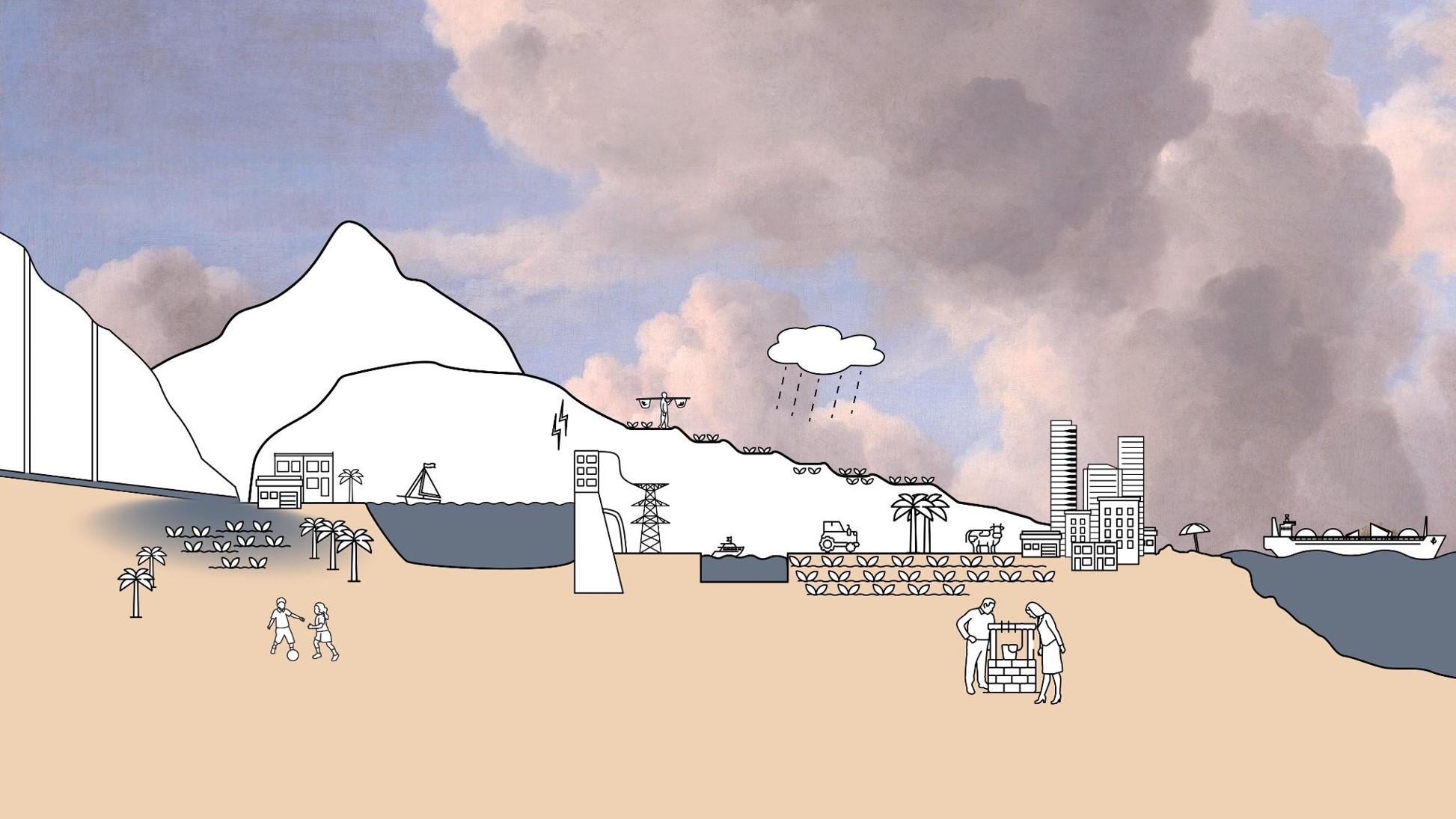Address contemporary challenges from a socio-spatial and cultural perspective, and activate water heritage for decision-making in water management.

Water has served and sustained societies throughout history. Understanding the complex and diverse water systems of the past is key to devising sustainable development for the future with regard to socioeconomic structures, policies, and cultures. Today, past systems form the framework for preservation and reuse as well as for new proposals.
In this course, you will learn how to identify the spatial, social and cultural aspects of water heritage in your environment. You will investigate real situations, assess specific issues and evaluate the impact of potential measures, following existing expertise on water heritage and water management traditions as a model for your own practice.
By examining examples of water heritage from around the world, and by interacting with fellow learners, you will learn to implement globally sustainable approaches and tools such as the UNESCO Historic Urban Landscape (HUL) and the UN Sustainable Development Goals (SDGs).
Completing this course would be of great benefit to:
- professionals working in water management (such as water boards, water districts or port authorities etc.), heritage, or planning processes that include water related issues;
- master students of urban planning, architecture, heritage, or landscape;
- anyone living in a city or rural area where water management issues occur and with an interest in improving their living environment.
